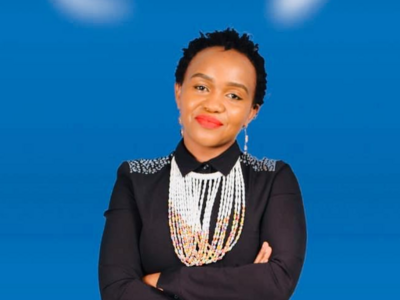

The conference theme was “Harnessing Dryland Natural Resources for Sustainable Livelihoods in the Era of Climate Change”. Sonnia Musyoka presented a paper entitled "Mechanisms for upgrading Earthworm (Eisenia foetida) and agro-industrial residues for fish feed production". The quantity and quality of earthworm which is a potential unconventional protein sources in fish feeds is not always guaranteed. This study used proximate analysis to provide nutritional view of using barley waste and coffee husks as substrate to promote growth and nutrition of Eisenia foetida vis-à-vis as fish feed ingredients. Coffee husks and barley wastes have relative good texture and nutritional quantity which can promote the quantity and quality of Eisenia foetida for fish feed production. Crude protein and organic matter content are decisive for suitable culture substrates, which determine the nutritional and growth performance of Eisenia fetida. Proper substrate selection and preparation, coupled with optimum environmental conditions in proper culture containers can upgrade Eisenia fetida and help to overcome the bottlenecks associated with earthworm biotechnology application in fish feeds.
Sonnia Musyoka is a PhD researcher at the University of Natural Resources and Life Sciences, Vienna (BOKU). She is employed in Kenya as tutorial fellow at South Eastern Kenya University. Furthermore Sonnia Musyoka works as a senior consultant at Human Development International and as technical expert and trainer for sustainable aquaculture at DNV GL Kenya. She has more than 10 years of local and international experience in consultancy and training on capacity building for fisheries and aquaculture as well as climate smart agricultural practices towards sustainable livelihoods.
